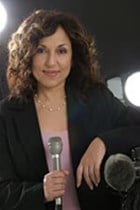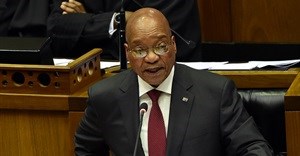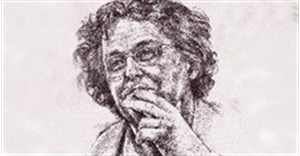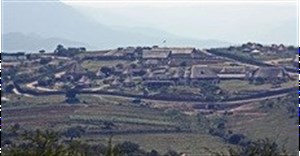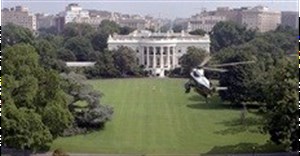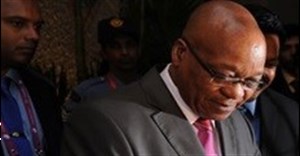
Subscribe & Follow
Jobs
- TV News Journalist Cape Town
- Production Assistant Johannesburg
Dirty words
None of that for me. I'm a self-confessed crime series junkie. The more brutal, the better. If it's rife with violence, general unpleasantness, and anything but priggish language, the happier I am languishing in this macabre fantasy world.
The same can be said about the genre of books I devour. Not for me is a meaning of life compendium, a happy-clappy romance, or a sweeping historical drama. I indulge in the nail biting stuff of edge-of-your-seat thrillers, a fact sometimes bemoaned by my beloved mother who fails to understand how any of this can be construed as getting away from it all.
So perhaps given my penchant for all things unseemly and distasteful, maybe I'm not in the best position to provide comment on verboten news speak. But what I do know after working for years in notoriously indelicate newsrooms, is that no journalist worth his or her salt will respond well to being handed a list of trite clichés, key words or phrases to avoid using. Even those poor souls who work for the SABC.
Censorship
For our public broadcaster to first determine what words and phrases are acceptable - or not as in the reportage on the presidential palace - and then to ban an advert before it was even flighted, smacks of nothing more or less than blatant, inexcusable censorship.
An electronic circular dispatched to editorial staff by the public broadcaster's head of news instructing them to refrain "with immediate effect" from making use of works like "Nkandlagate," "Zumaville" or "compound" when reporting on the lavish R248 million renovation of our Head of State's property, harks back to the dark days of apartheid when the same public broadcaster put paid to what it viewed at that time as dirty words.
Zuma's Nkandla residence - a term that has actually been sanctioned by the SABC - can hardly be seen as an apt portrayal of 31 buildings with enough rooms to house a small army, bullet-proof windows, underground bunkers, soccer fields, a helicopter pad and a VIP residence.
Yes, words, phrases and programming matters. Of course it does. But banning them defeats the purpose. Instead, it ruffles feathers, sparks more public attention and creates even more of a brouhaha. Just take the banning of the fish and chips advert as another outrageous example of blatant interference in content.
No dinner tonight... or any night
Deemed offensive before nary a single complaint was made, the SABC pulled the animated "Dinner time at Nkandla" ad just two hours before it was scheduled to be aired for the first time. And the cop-outs served up by the SABC would be funny if they weren't so damn stupid.
From describing the cartoon commercial as "degrading to the President," to banning it because it implied presidential endorsement of the product, these pitiful explanations have done nothing more than show up the SABC's obvious sense of humour failure.
Another disturbing absence of funny bone has been displayed by none other than SACP's general secretary, Blade Nzimande, who has been trying his level best to put an insult law in place to protect our president against insults which he believes are "unfair and lacking in fact and truth." The jury is still out on this.
This all goes to prove two things: First off, profanity is what you make of it, and secondly, there is nothing that someone, somewhere, won't take offence to.
The media push the envelope. It's what we do.
